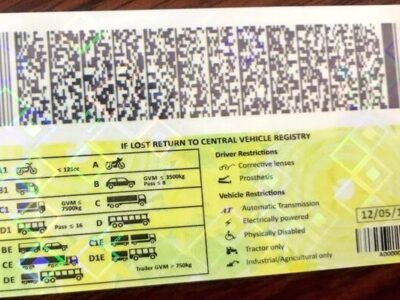Government admittedly says is concerned with the misproportionate electronic figures and stock of real foreign exchange balances.
Presenting the 2018 National Budget, Finance and Economic Development Minister Hon Patrick Chinamasa said there was a striking discrepancy between the supply and demand for foreign exchange which has also led to the emergence of foreign exchange premiums in the market. This has also seen three tier pricing in the market where cash purchases get discounts while electronic based transactions attract an additional charge.
“Central is mismatch between stock of foreign currency available, as represented by hard currency and nostro balances, and electronic RTGS money balances in banks, largely being fueled by borrowing requirements to finance the Budget deficit,” he said.
Chinamasa however urged the general public in embracing the use of plastic money and mobile transactions, with more than 75% of retail transactions now being done through electronic transfers.
This challenge has seen most local banks tighten screws on foreign payments. That said, several companies not only in the technology sector have had their projects stalled.
Making a clear distinction between local USD vs actual USD, the RBZ is forced to climb down from their previous cheap statement they used when they hoodwinked the nation into believing that we were only suffering from hard cash crisis not real nostro balance reflection.
The Reserve Bank of Zimbabwe had previously denied that the introduction of bond notes was a subtle way of introducing “local US dollar”, while categorically mentioning that this was a mere system to incentivise farmers and exporters, but the currency has run dry from the main system
Barclays Bank of Zimbabwe along with other local banks barred foreign payments unless one had serious approval to buy internationally under the RBZ priority list, hence soon may become useless figures stuck in back accounts.
Ecobank, NMB and FBC are some of the banks in Zimbabwe offering VISA payments with their USD prefunded VISA accounts whilst others like Stanbic and Standard Chartered have put limitations on VISA payments. Currently with an NMB VISA card, one can withdraw $20 from an ATM outside Zimbabwe and pay online or use a POS outside Zimbabwe to the tune of $50 until the 8th of November when the card will have to be prefunded by the USD.
Ecocash and Steward Bank have also suspended international payments from their MasterCards. While Ecocash and Steward bank were open to prefunding international payments with USD, they have suspended the service indefinitely.
Due to the continued experiences of underlying shortages of physical cash, on the back of structural challenges in the economy the Reserve Bank continues to promote a ‘cashlite’ society by encouraging increased digital banking platforms, and use of plastic money.












Comments